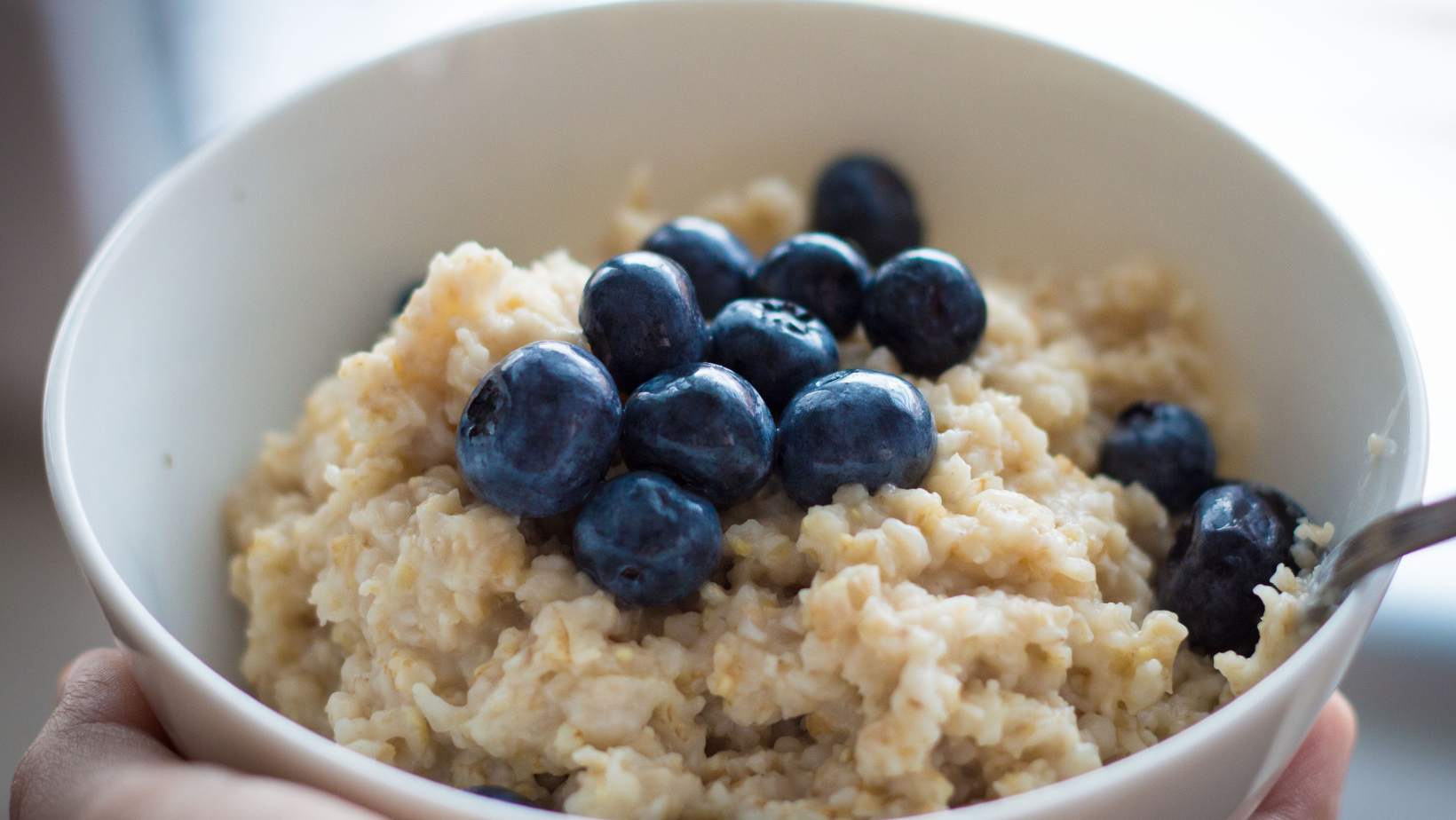Oats are widely recognized as one of the healthiest grains on the planet, and for good reason. Not only are they highly nutritious and naturally gluten-free, but they also offer a wide range of health benefits. In this article, we’ll explore the top six reasons why you should consider incorporating oats into your diet.
1. Oats are packed with essential nutrients
One of the most impressive aspects of oats is their nutrient density. A mere half-cup (78 grams) of dry oats contains significant amounts of several vitamins and minerals, including 191% of the recommended daily intake (RDI) for manganese, over 30% of the RDI for phosphorus and magnesium, and around 20% of the RDI for copper, iron, and zinc. Oats are also a good source of folate, vitamin B1 (thiamin), and vitamin B5. In addition to these micronutrients, a half-cup of dry oats provides 51 grams of carbohydrates, 13 grams of protein, and 8 grams of fiber, all while delivering only 300 calories.
2. Oats can help lower cholesterol and protect heart health
Much of the heart-health benefits of oats can be attributed to their high content of a soluble fiber called beta-glucan. When consumed, beta-glucan partially dissolves in water, forming a thick, gel-like solution in the gut. Numerous studies have demonstrated that the beta-glucan in oats is effective at reducing both total and LDL cholesterol levels, which are major risk factors for heart disease. This fiber is thought to increase the excretion of cholesterol-rich bile, thereby reducing circulating levels of cholesterol in the blood. Additionally, antioxidants found in oats may work in tandem with vitamin C to prevent the oxidation of LDL cholesterol, a process that contributes to inflammation, tissue damage, and an increased risk of heart attacks and strokes.
3. Oats can improve blood sugar control
For individuals with type 2 diabetes, characterized by elevated blood sugar levels and decreased insulin sensitivity, oats may offer significant benefits. Studies suggest that consuming oats can help lower blood sugar levels, particularly in those who are overweight or have type 2 diabetes. Oats may also improve insulin sensitivity, thanks to the ability of beta-glucan to form a thick gel that delays stomach emptying and slows the absorption of glucose into the bloodstream.
4. Oatmeal is filling and may aid in weight loss
Oatmeal, made by boiling oats in water or milk, is not only a delicious breakfast staple but also incredibly filling. Eating satiating foods like oatmeal may help you consume fewer calories overall and promote weight loss. The beta-glucan in oatmeal contributes to this effect by delaying stomach emptying and directly increasing feelings of fullness. Furthermore, beta-glucan may stimulate the release of a satiety hormone produced in the gut in response to eating, which has been shown to reduce calorie intake and potentially lower the risk of obesity.
5. Finely ground oats may benefit skin health
Oats have a long history of use in treating various skin conditions, thanks to their soothing and protective properties. Finely ground oats, often referred to as colloidal oatmeal, can be found in numerous skin care products. In 2003, the FDA approved colloidal oatmeal as a skin-protective substance, recognizing its ability to alleviate itching and irritation associated with various skin conditions, such as eczema. It’s important to note that these skin-related benefits are specific to topical application of oats, rather than consumption.
6. Oats may help alleviate constipation
For older individuals who often rely on laxatives to relieve constipation, oats may provide a more natural and comfortable solution. Studies suggest that oat bran, the fiber-rich outer layer of the grain, can help alleviate constipation in older adults when taken as a supplement. In one trial, 30 elderly patients who consumed a soup or dessert containing oat bran daily for 12 weeks experienced improved well-being, and 59% of them were able to discontinue their use of laxatives.
Your questions answered about the health benefits of oats
Are oats gluten-free?
While oats are naturally gluten-free, they are often contaminated with gluten during harvesting and processing, as they may be handled using the same equipment as other gluten-containing grains. If you have celiac disease or gluten sensitivity, it’s essential to choose oat products that are certified gluten-free to avoid any potential adverse reactions.
How can I incorporate oats into my diet?
There are numerous ways to enjoy oats as part of a healthy diet. Oatmeal is a classic breakfast choice that can be customized with various toppings like fresh fruits, nuts, and seeds. Oats can also be used in baking, as a crunchy topping for yogurt or smoothie bowls, or even as a savory ingredient in recipes like meatloaf or veggie burgers. With their versatility and numerous health benefits, oats are an excellent addition to any balanced diet.
Do instant oats offer the same health benefits as regular oats?
Instant oats, while more convenient, may not provide the same health benefits as regular oats. They are often more processed, which can lead to a higher glycemic index and a lower fiber content. To maximize the nutritional value and potential health benefits, opt for minimally processed oats, such as steel-cut or rolled oats, whenever possible.
